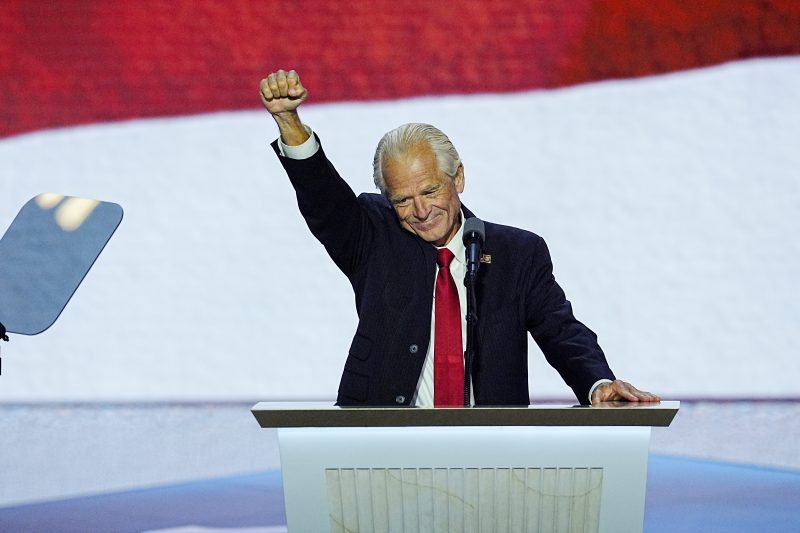In recent years, the issue of political loyalty and its impact on government operations has been a topic of significant debate. The Trump administration’s approach to stuffing the government with loyalists has raised concerns among critics and experts alike. While political loyalty is not a new concept in governance, the extent to which it has been prioritized by the Trump administration has sparked questions about the implications for the functioning of the government and the public interest.
One of the key issues with the strategy of filling government positions with loyalists is the potential erosion of expertise and institutional knowledge within key agencies and departments. When individuals are appointed based primarily on their loyalty to a political figure rather than their qualifications and experience, there is a risk that critical decision-making processes will be compromised. Experts who have dedicated their careers to specific policy areas may be replaced by individuals who lack the necessary expertise to effectively address complex issues.
Moreover, the prevalence of political loyalists in key government positions can lead to a lack of diversity of viewpoints and perspectives within decision-making circles. The presence of individuals who are solely focused on advancing a specific political agenda may stifle debate, limit the consideration of alternative viewpoints, and inhibit the development of comprehensive and effective policy solutions.
Additionally, the emphasis on political loyalty over competence and qualifications can undermine the public’s trust in government institutions. When individuals are perceived to have been appointed based on political favoritism rather than merit, it can raise concerns about the integrity and impartiality of government decision-making processes. This erosion of trust can have far-reaching consequences, impacting the government’s ability to effectively govern and serve the needs of the public.
Beyond the immediate implications for government operations, the long-term effects of prioritizing political loyalty over expertise and qualifications are concerning. By devaluing expertise and experience in government appointments, there is a risk of creating a culture in which professionalism and competence are no longer the primary criteria for public service. This could have a detrimental impact on the effectiveness and integrity of government institutions for years to come.
In conclusion, while the appointment of political loyalists to government positions is not a new phenomenon, the extent to which it has been pursued by the Trump administration raises important questions about the implications for governance and public trust. By prioritizing loyalty over expertise and qualifications, there is a risk of diminishing the effectiveness of government decision-making processes, eroding public trust, and hindering the ability of government institutions to serve the needs of the public. Moving forward, it is essential for policymakers and the public to consider the long-term consequences of placing political loyalty above all other considerations in government appointments.




























